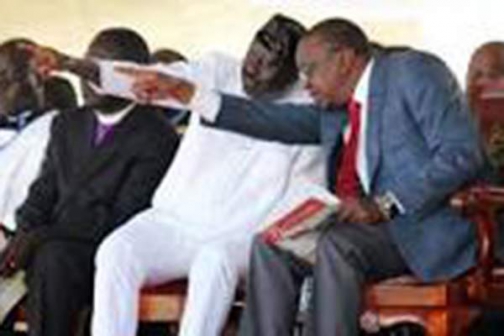
MPs have been fighting to delete a section that outlaws party hopping in a report by the joint Parliamentary Select Committee on electoral reforms. This is quite unfortunate. The arguments put forth by the legislators sound convincing only if you fail to take into account compelling reasons why these last-minute defections are an impediment to democracy.
Political parties ought to be serious democratic institutions designed to serve interests of the people. They should not be reduced to nothing more than avenues for seeking power for personal glory. They ought to be hallowed instruments that positively shape our social, economic and political policies.